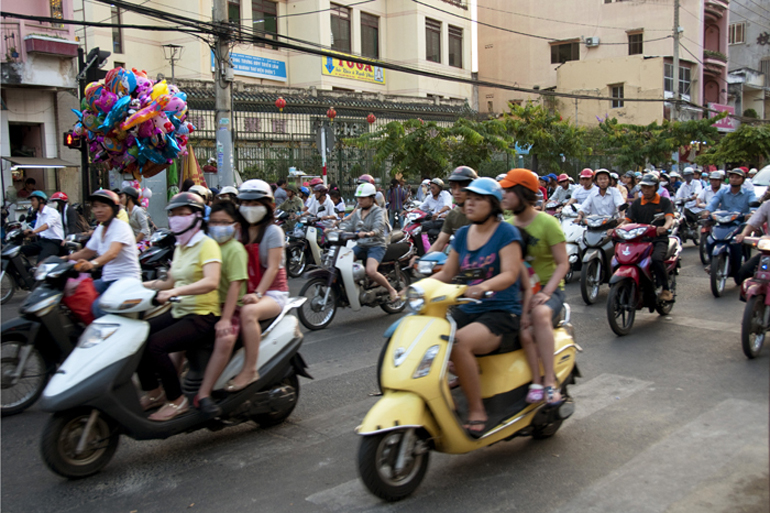
Demographers generally agree that the demographic transition, when populations stabilize, will have spread around the world by mid-century. This is a good thing. On the other hand, best case scenario, the earth will then be inhabited by nine billion people. Those less optimistic say 15 billion! This is not good. Just how bad it will be is on a lot of people's minds. Given man's remarkable ability to adapt, it's also very hard to say.
Will the world be a hellish place then? There is real reason for concern. Some parts are already hellish. There are 21 megacities in the world that have populations of more than 10 million, with poor nations expected to add many more by mid-century. Delhi's numbers swell each year with migrants from the countryside who arrive to find things as bad, or worse, than back home-overcrowded, filthy, and not enough to eat and drink. A better life can be hard to come by. The same story can be told around the globe-Dhaka in Bangladesh, Kinshasa in the Democratic Republic of the Congo, and others. Some of these cities have seen populations increase by a factor of 40 since 1950!
Nations can face the same pressures as cities. Bangladesh, one of the most densely populated countries in the world, is also one slated to suffer most from the ill effects of climate change. Rising sea levels will displace tens of millions. Where will they go? And things in Rwanda may be worse. It can be argued that the genocidal massacre of a million or more Rwandans in 1994 was caused by more than just Hutu hatred. Overpopulation was the root cause. There were simply too many farmers dividing their land into increasingly small fractions that no longer fed families. Hunger and crowding make us do desperate things.
As long as people are fed human populations are remarkably resilient. In the above photo cyclos and people crowd the streets of Saigon, in Vietnam, one of the most overpopulated countries in the world despite nearly constant warfare in the last half of the 20th century. The same rapid population recovery also happened in Rwanda after the genocide. One has to wonder how much longer our ingenuity can save us.